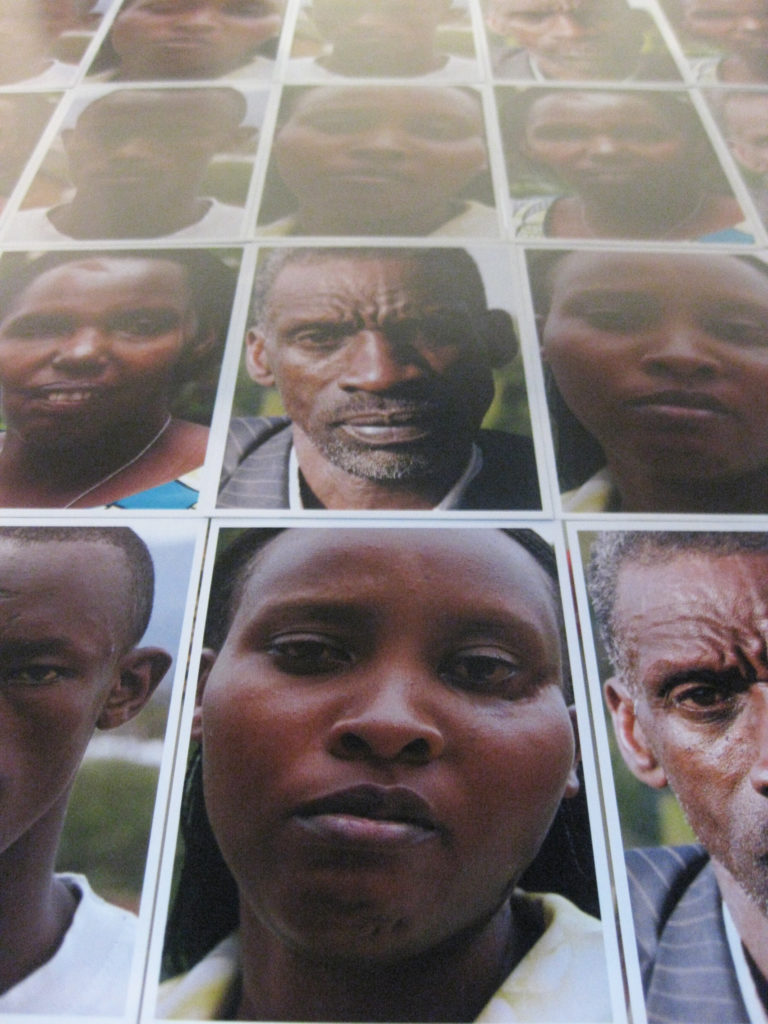
Noam Schimmel, a leading academic on the situation of survivors of the genocide in Rwanda, published this week a vital follow-up piece to his recent op-ed article in the Huffington Post, expounding on arguments for “Creating a UN Trust Fund to Actualize Restorative Justice for Rwandan Genocide Survivors: Implementing General Assembly Resolutions Calling for Assistance to Survivors of the 1994 Genocide in Rwanda”.
The article which we publish in full here, concludes:
Good intentions are not good enough. While the UN currently is funding programs which are qualitatively strong they are quantitatively wholly inadequate and are not reaching the overwhelming majority of Rwandan genocide survivors. There is no legitimate reason for this failure. UN agencies have a major role to play in the empowerment and protection of Rwandan genocide survivors. The international community needs a centralized address which ensures that the needs of genocide survivors do not get lost in general efforts to promote Rwanda‟s development without guaranteeing as a matter of paramount priority that genocide survivor‟s rights and needs are met and without further delay.
Bilateral and multi-lateral aid agencies, governments, foundations, and non-governmental organizations need not wait for a UN Trust Fund to be established. They can and should advocate for one and commit themselves to contributing to it. But they can and should immediately direct their own funding and programming to meet the needs of genocide survivors in Rwanda today and to transform vulnerability and disadvantage to security, rehabilitation, and empowerment.
In a special issue of the Journal of Human Rights, Noam Schimmel writes on “The Moral Case for Restorative Justice as a Corollary of the Responsibility to Protect: A Rwandan Case Study of the Insufficiency of Impact of Retributive Justice on the Rights and Well-Being of Genocide Survivors”. The full article is only available through a paid subscription, though it can be accessed through many academic institutions.
In the article, Noam expounds further on the arguments underlying the importance of and need for the establishment of an International Trust Fund for Survivors of the Genocide in Rwanda. The abstract reads:
This article analyzes how the current framework of retributive justice pursued by the UN International Criminal Tribunal for Rwanda fails to respect the human rights and to enable the well-being of Rwandan genocide survivors. Rwandan genocide survivors currently suffer from widespread poverty, lack of access to health care and housing, inadequate educational opportunity, and food insecurity and malnutrition. It calls for the application of restorative justice as an extension of the principle of the Responsibility to Protect for genocide survivors to be included in the remit of the Tribunal and UN humanitarian and development programs in Rwanda. It examines current and past restorative justice programs in various countries around the world to provide tangible examples of ways in which restorative justice can be implemented. It critically questions the moral logic of exclusive reliance on retributive justice that ignores the consequences of genocide by punishing the guilty without simultaneously assisting the victims. Finally, it urges that the Declaration of Basic Principles on Remedy and Reparation for Victims of Human Rights Violations and Article 75 of the Rome Statute of the International Criminal Court be applied to the work of the UN International Criminal Tribunal for Rwanda.
